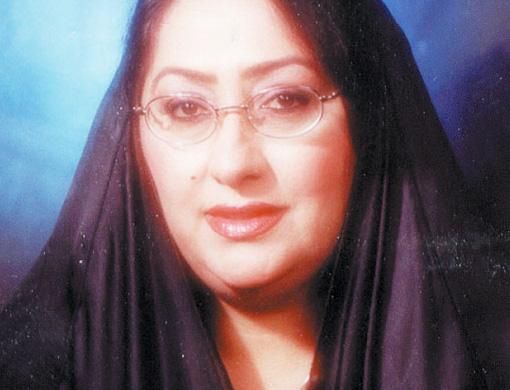Manama: Bahraini women on Saturday failed to add to the single seat secured by Lateefa Al Gaood in the Council of Representatives after she ran unchallenged in her constituency.
Her win, albeit without real competition, last October sparked hope that it would generate greater enthusiasm to vote in at least three of the 17 other women running in the November 25 elections.
But even their stake on high-profile university professor Dr Muneera Fakhroo to boost their numbers failed miserably.
The negative results will certainly send ripples through the women's rights organisations in the kingdom which has one of the highest literacy rates in the Arab world and a very active civil society.
Wary of the women's failure in 2002 to win seats in either the municipal or parliamentary elections, the official Supreme Council for Women has launched an ambitious nationwide programme for the political empowerment of women that included a series of local and international workshops and close partnership with the United Nations.
Repeat
But, in a repeat of the 2002 voting tendency, most Bahrainis chose not to endorse women in their quest for seats in the 40-member Council of representatives.
Their participation this year has sparked a backlash by conservatives who launched an exceptionally vicious campaign to demoralise and discredit them.
Some of their tents to rally support were vandalised, their campaign posters were defaced and short text messages sent to eligible voters targeted their reputation.
Disappointed
Male contenders vilified them, claiming that they were not religious enough to uphold good values and warned voters that by supporting them, they would be sinning.
But for Seema Al Jowder, the women's no-win election also reinforced the view that women are their own worst enemy. "It seems that many women are too jealous of female candidates to vote for them and would rather have an all-male parliament," said the government employee.
Journalist Maysa Al Kooheji said that she was very disappointed with the result that indicated that women still faced an uphill struggle for more powers.
"It is ironic that Bahrain has a woman as president of the United Nations General Assembly, but cannot elect women to the parliament," she said.













